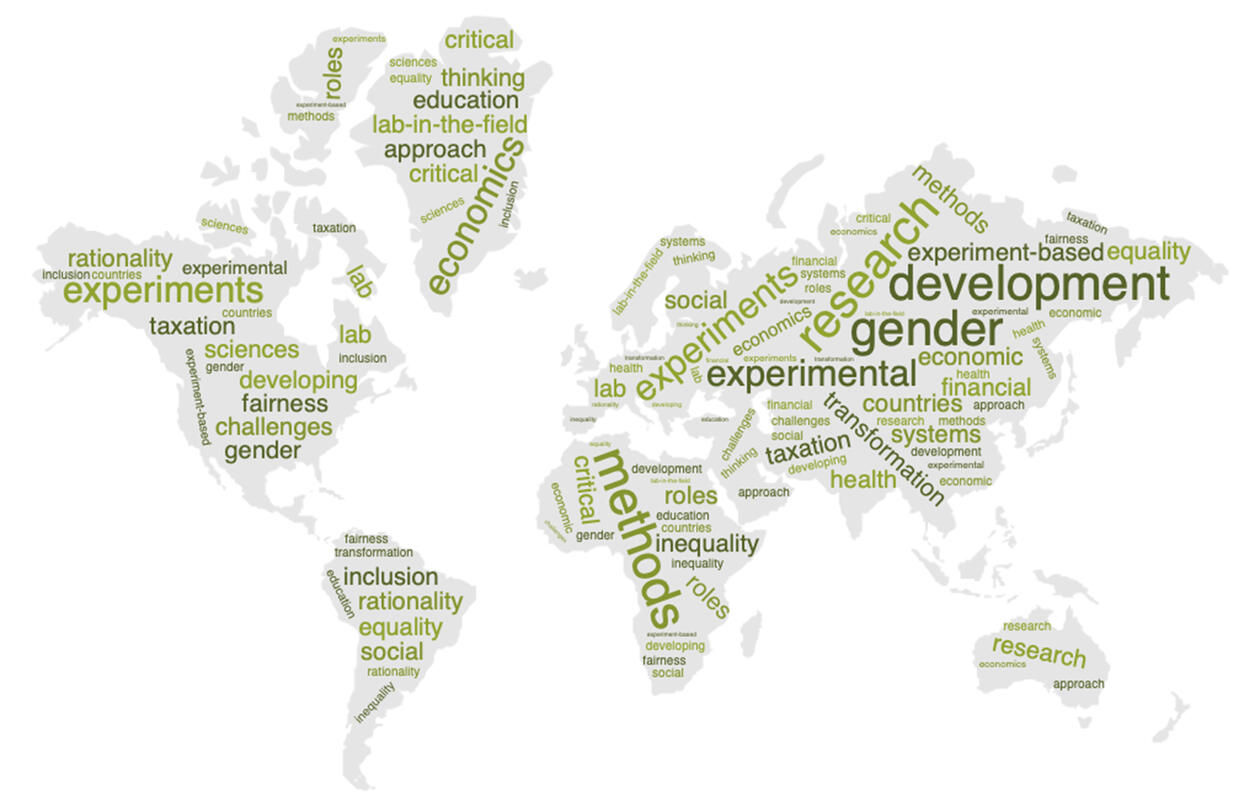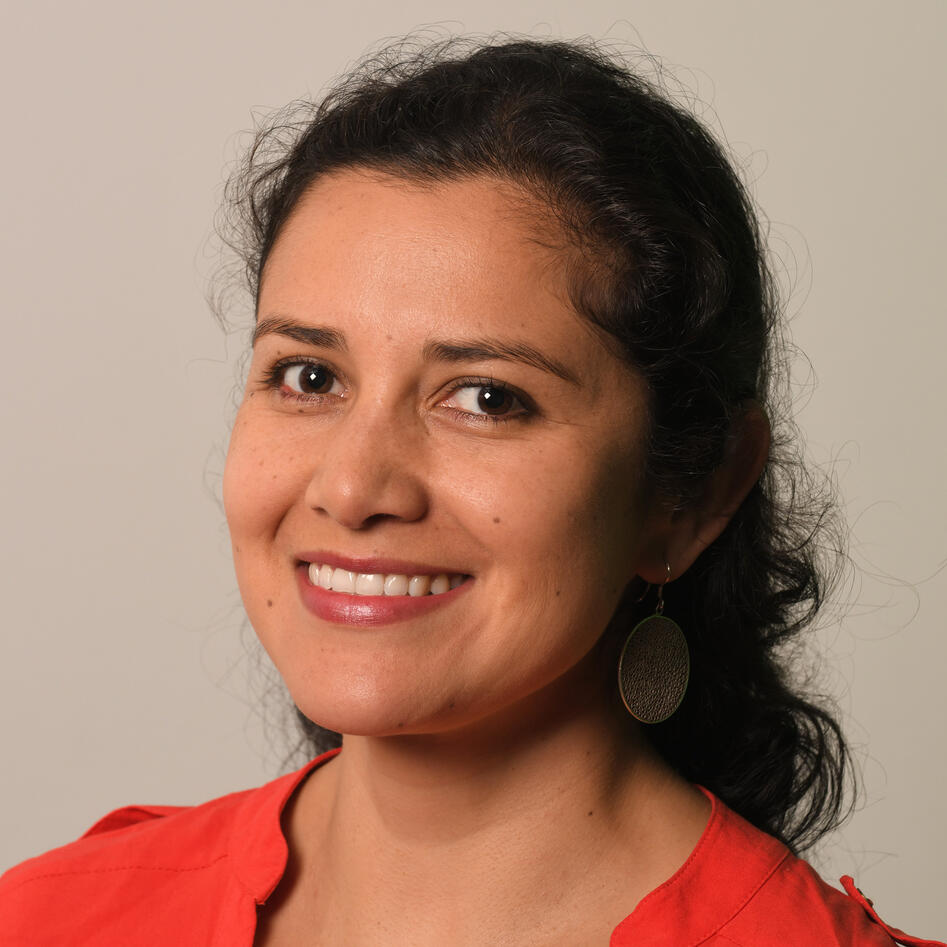Economic Experiments in Developing Countries
Experiments have transformed the way the social sciences conduct research to address the main development issues such as inequality. Students in this course will learn the basics of experimental methods and improve their understanding of how they are used to overcome some of the main challenges in the developing world.
Hovedinnhold
Course leader
Catalina Franco, postdoctoral researcher at the Economics Department at the Norwegian School of Economics (NHH).
Course lecturers
Kjetil Bjorvatn, Professor of Economics, NHH
Vincent Somville, Associate Professor of Economics, NHH
Ingvild Almås, Professor of Economics, Institute for International Economic Studies (IIES), Stockholm University
Charlotte Ringdal, Post-doctoral researcher, Chr. Michelsen Institute (CMI)
Peter Hangoma, Postdoctoral researcher, CMI and the University of Bergen
Fenella Carpena, Associate Professor of Economics, OsloMet
Lore Vandewalle, Associate Professor of Economics, Graduate Institute of International and Development Studies in Geneva
Ingrid Home Sjursen, Senior Researcher, CMI
Research in development economics has been transformed by the increase and feasibility of field and lab experiments in economics. The 2019 Nobel Prize in Economics was awarded to Banerjee, Duflo, and Kremer because “in just two decades, their new experiment-based approach has transformed development economics.”
Experiments are now one of the main tools to understand and address several sources of inequality, such as differences in access to health and education, gender roles and bargaining within the household, inclusion in financial systems, and taxation.
This course will introduce students to state-of-the-art experimental methods in development economics. Students will get the basics of randomized controlled trials and lab-in-the-field experiments and study applications of these methods on some of the main topics in development economics.
This course is targeted at students interested in the experimental method in economics and/or learning about the main topics in development economics. The main goal is to familiarize students with experimental methods through applications to the main issues in development.
Learning outcomes
Specifically, students will:
- Think critically about the causes and solutions to issues in the developing world
- Learn the basics of the design and analysis of experiments
- Formulate their own experiment addressing one issue in development economics
Credits
Participation at the BSRS is credited under the European Credit Transfer System (ECTS). Participants submitting an essay, in a form of a publishable manuscript of 10-20 pages, after the end of the summer school will receive 10 ECTS. Deadline for submission will be decided by your course leader.
It is also possible to participate without producing an essay. This will give you 4 ECTS. In order to receive credits, we expect full participation in the course-specific modules, plenary events and roundtables.
Catalina Franco is a researcher at the FAIR Insight Team at the Centre of Excellence FAIR (Centre for Experimental Research on Fairness, Inequality and Rationality). She is also a postdoctoral researcher at the Economics Department at the Norwegian School of Economics (NHH). Before joining FAIR, Catalina obtained her Ph.D. in Economics from the University of Michigan, USA.
Catalina’s main research interests are in the fields of development, behavioral and labor economics. Her main current projects focus on improving gender equality in education decisions, academic beliefs and performance, and access to leadership positions in community initiatives in developing countries.

